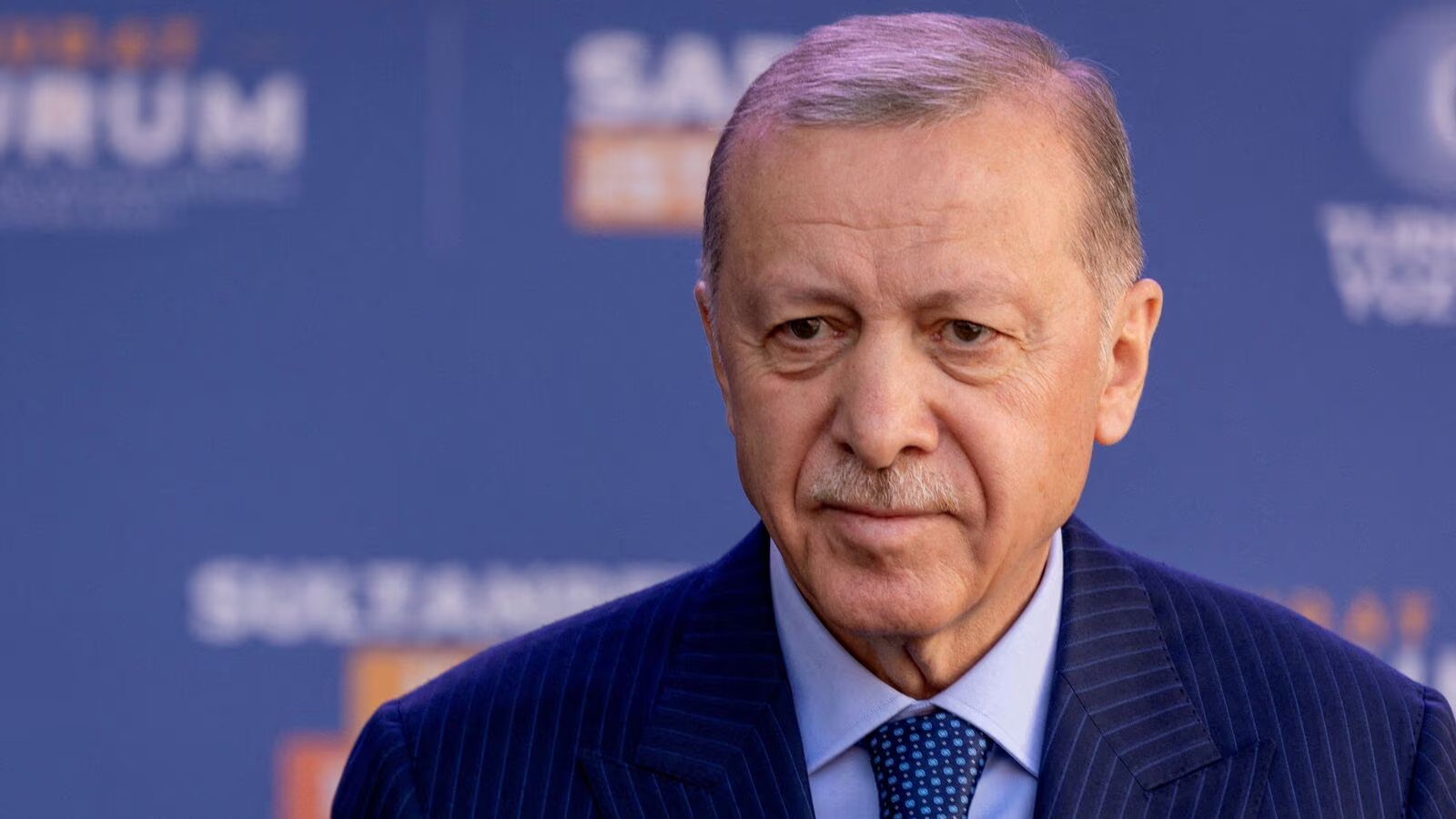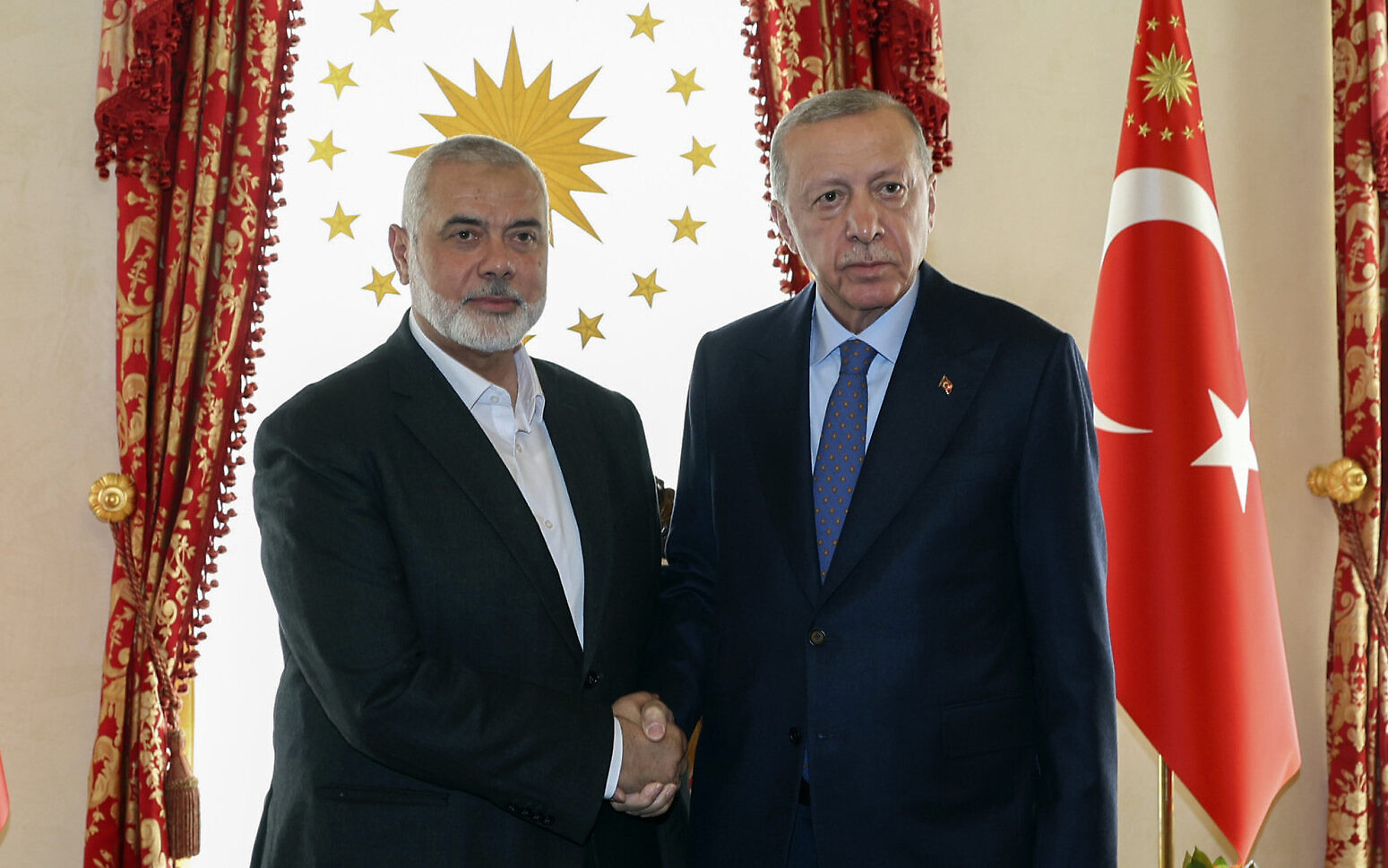Amidst the escalating tensions in the Middle East, Turkey has made a significant move, announcing the suspension of all trade with Israel until a “permanent cease-fire” is established in the Gaza Strip.
This decision adds to the mounting international pressure on Israel to end the conflict in the region. Turkey’s stance follows its earlier decision to halt trade with Israel until uninterrupted humanitarian aid could reach Gaza.
However, despite these diplomatic measures, Israel has persisted with its military preparations, particularly in southern Gaza’s Rafah city, raising concerns of further violence and casualties.
Erdogan’s Diplomatic Gambit Amplifies International Pressure for Cease-Fire

In justifying the trade suspension, Turkey’s Trade Minister, Omer Bolat, cited Israel’s unwavering stance. President Recep Tayyip Erdogan echoed this sentiment, stating Turkey’s commitment to standing with the oppressed, despite anticipated backlash from Western nations.
Israel’s Foreign Minister, Israel Katz, criticized Erdogan’s approach, labeling it as dictatorial and detrimental to both Turkish interests and international trade agreements.
Turkey’s decision significantly impacts its substantial trade surplus with Israel, underlining its discontent with Israel’s actions in Gaza. Erdogan has consistently condemned Israel’s actions and voiced support for Hamas, further straining relations between the two countries.

The international community’s response to the Gaza conflict has been varied, with some countries downgrading or severing ties with Israel. Even longstanding allies like the United States, Britain, and Germany have become increasingly critical of Israel’s conduct and the slow pace of humanitarian aid delivery to Gaza.
As tensions continue to rise, there are growing calls for a cease-fire and renewed efforts towards establishing a Palestinian state. The conflict’s toll on civilian lives and infrastructure underscores the urgency for a peaceful resolution.

Efforts to broker a cease-fire are ongoing, with Egypt, Qatar, and the United States leading negotiations between Israel and Hamas. Hamas has expressed willingness to engage in talks aimed at ending the aggression, securing humanitarian aid, and initiating reconstruction efforts.
In this complex and volatile situation, dialogue, diplomacy, and humanitarian action remain paramount to prevent further suffering and instability in the region.







Leave a Reply